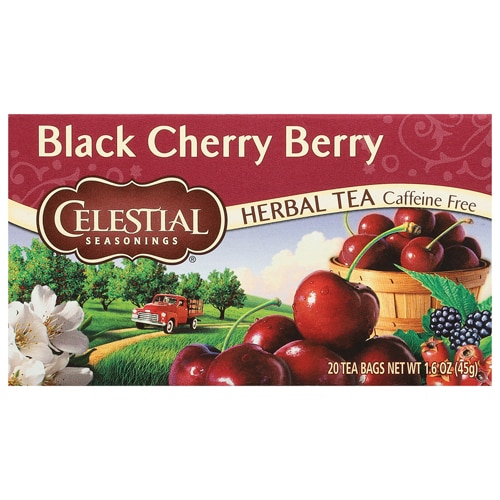Do hot flashes, fatigue and irritability ring a bell? Menopause is a distinguished phase of a woman’s life, which can bring a range of unwanted, uncomfortable and unruly symptoms. Fortunately, some simple changes to your diet can help naturally manage these ups and downs, so you stay active, energetic and healthy all around.
The best foods to eat during menopause:
Foods with natural sugar – Sugar is an addictive villain that will add inches to your waistline. But when menopause begins, it gets worse. The hormones can make it difficult to keep blood sugar stable. However, foods with natural sugar – like fruits and dairy – are nutrient dense and can satisfy sweet cravings in a healthy way. To get the greatest benefit, choose low-fat dairy and balance fruit with a lean source of protein to promote satiety.
Foods with omega-3 fatty acids – A diet rich in omega-3s can help moderate mood swings that often come with menopause. In addition, omega-3s are heart healthy and anti-inflammatory – two important factors to monitor with age, regardless. To make sure you’re getting enough essential fatty acids, enjoy salmon or tuna a couple times a week. Not a fan of fish? Ground flaxseeds can easily be added to smoothies or oatmeal to reap those mood-boosting benefits.
Foods high in calcium and vitamin D – Hormonal changes associated with menopause can have a negative impact on bone density. By choosing foods rich in calcium and vitamin D, you can protect bone health and stave off the risk of fractures. Foods high in calcium include low-fat dairy, kale, spinach and fortified orange juice. Increase dietary vitamin D by choosing more salmon, whole eggs, tuna, fortified cereals and portabella mushrooms.
Water – Though an obvious choice, many women underestimate how hydration contributes to digestion and metabolism. Dehydration is often mistaken for hunger, which can lead to overeating and weight gain. Be sure you’re sipping on water all day long to keep your metabolism humming and digestion smooth.
The worst foods to eat during menopause
Fat-free foods – For many women, managing weight can be more of a challenge during menopause. While it’s tempting to reach for fat-free foods, many contain added sugar to make up for the reduced fat. This can lead to more calories and less stable blood sugar levels, which actually increases your chances of gaining weight.
Caffeine – Caffeinated beverages, like coffee and tea, can be a staple in your daily routine. However, caffeine can exacerbate menopause symptoms, including hot flashes and sleeplessness. If you need caffeine, try to be diligent about the serving size and opt for caffeine-free teas and beverages in the afternoon and evening.
Alcohol – After menopause, metabolism tends to slow. Unfortunately, the calories from alcohol can add up quickly. A serving size of your favorite alcoholic beverage is probably smaller than you think: 4 ounces of wine, 12 ounces of beer and 1.5 ounces of liquor. So if you choose to imbibe, it’s best to stick to the American Heart Association’s recommendation of no more than one serving per day.
While menopause can bring uncomfortable symptoms, trying a few of these dietary tips can help you feel your best. Bonus: These foods are also part of a balanced diet, which can help keep your waistline trim for years to come!




